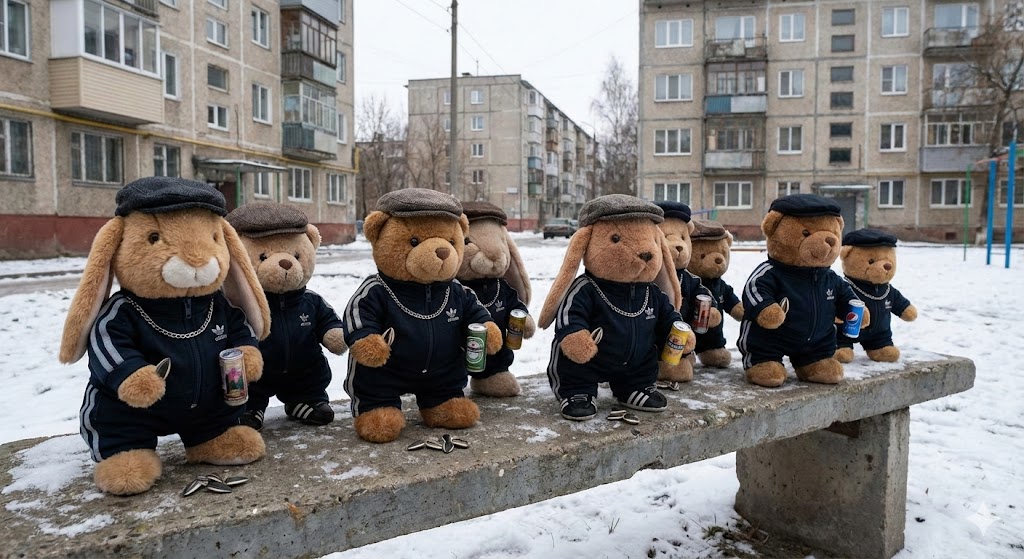How To Fix Your Russian Pronunciation – Part Two
Master your Russian consonants, and 80% of the pronunciation job is done. When you voted in my poll, you correctly identified hard and soft consonants as the real challenge—not the rolled R. This article explains what actually happens in Russian mouths when we palatalize consonants, why textbooks fail to teach it, and the surprising role of tongue root movement.












